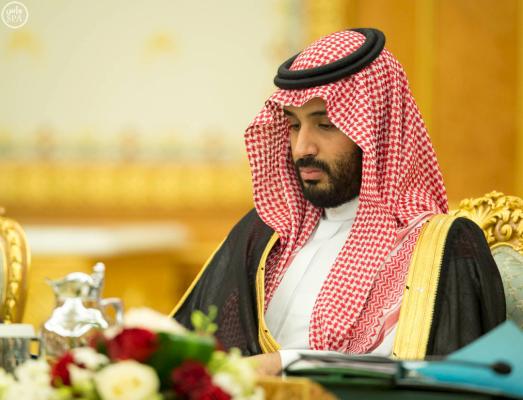Commenting on the media coverage of Saudi Arabia’s “Vision 2030” and the promises and activities associated with it, some have described it as the largest promotional marketing operation in the history of the region.
It is natural that advertising for the vision is accompanied with advertising against it. It is also natural that there is scepticism about plans for development in the region because it has failed to produce a new Singapore or Malaysia apart from the UAE’s experience and to a lesser extent Jordan’s. However, the Saudi project is very ambitious and large and cannot be compared to the UAE or Jordan. It is faced by threats that are clear for everyone to see and it is not surprising that some people are frustrated and sceptical on the one hand and optimistic and excited on the other.
Personally, I think that the ideas are great and achievable. I, like many others, am worried about the mountain of difficulties that Saudi Arabia will face on the way to implementation. However, Saudi Arabia and many countries in the region have the abilities and natural and man-made resources to overcome them.
Everything that the Deputy Crown Prince Mohammed bin Salman has announced is reasonable and logical, and can be implemented whenever the administration, will and determination is found. He has ignited hope and enthusiasm with what he spoke about.
Is this propaganda?
I cannot imagine anyone working in the field of public relations advising any politician to present a project that contains promises and dates to their citizens for propaganda purposes. The vision is detailed, has open commitments and is documented.
In any case, the countries of the region including Saudi Arabia do not have any choice except to rectify their conditions and legislative and executive concepts. They must also review the way they operate and look for means of development that achieve more than the minimum for their citizens. Today’s citizens know more than the people of yesteryear because they travel outside of their home countries. They compare their countries to others, ask questions and are more demanding even if they do not have the chance to elect their government.
What we heard from Prince Mohammed bin Salman is an ambitious project based on the philosophy, ideas and promises that represent his new vision for Saudi Arabia; transforming the country into one that has a real economy whose pillars are solid and viable rather than an oil-dependent one.
The recent price shock awakened us more than its predecessors. Today we are alone without senior international allies. We also find ourselves in a volatile area that is plagued by wars.
The difference between this shock and the previous periods of low prices is that this is the first time that prices may not rise above $50, let alone the dream of $120. The number of competing producers has increased, the cost of shale oil has decreased and electric cars have become popular.
Even if the price of oil rose to what we saw in the glorious golden days, the number of Saudis has increased at an alarming rate. Their needs are growing and have become larger than what oil revenues can provide. Today, Saudi Arabia has a population of 24 million. According to the United Nations’ predictions, its population at the end of the plan in 2030 will be 40 million. Without a development project like this that does not solely depend on oil, the government will be unable to meet even the most basic expectations of its citizens.
Finally, I will echo what the holder of the “vision” said himself; why do we think about simple expectations like securing jobs, schools and treatment only? Why are our ambitions not bigger than that so that we can raise our status as a developed country? This is not impossible and it is our choice to move forward. I believe that the success of a country like Saudi Arabia is the success of all. It will act like a train that pulls the rest of the Arab carriages forward.
